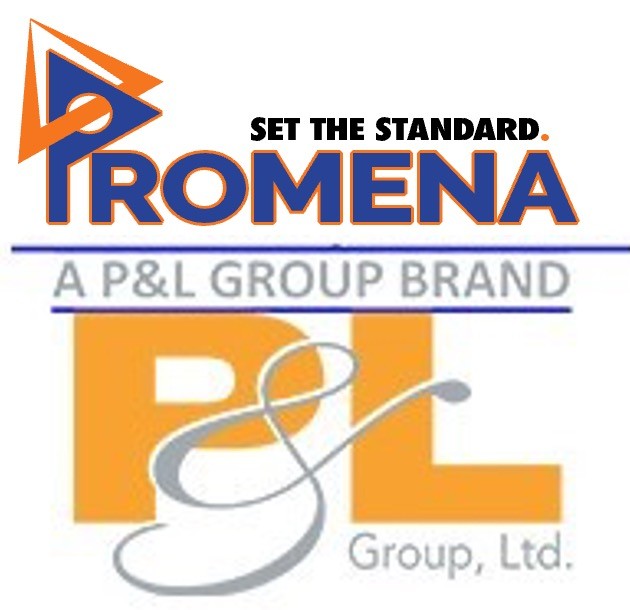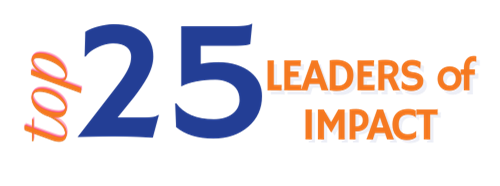Luis Vargas
Director, Neighborhood Marketing/Merchandising
Winn-Dixie Stores Inc.
L. Liang: What three skills/abilities do you feel are most important for career advancement in today’s rapidly-changing global environment?
L. Vargas: Organizational awareness — managing up, down, horizontal, internal,and external. Effective leadership is based on the ability to effectively create networks inside and outside of the organization and deliver results through them. The willingness to take risks, and the ability to learn from the let-downs. Mistakes and setbacks are no more than opportunities for growth with a mask, but only if addressed with the right attitude. Use setbacks to elevate your game and get to the next level. Be flexible, embrace change, and keep learning so you remain relevant. You want to go from manager to director and don’t see the internal opportunity? Be willing to change companies, cities/countries, or even industries. Never get too comfortable in one place unless you see clearly the opportunity to add professional challenges to it.
L. Liang: What advice would you give to an individual interested in advancing his/her career to help determine if he/she has a future in his/her present company, or if he/she should change companies?
L. Vargas: First, make sure your value system matches the company’s. Cultural compatibility is a key factor not only for long-term success, but also for job satisfaction. If you’re a highly entrepreneurial, innovative individual that embraces and thrives in constant change, you need to avoid an organization with a conservative, risk-averse type of culture. The combination is just a recipe for mutual frustration that will eventually end up in either you leaving the company or worse, being let go. Second, ideal employee and employer relations exist on the basis that there is a value exchange that is balanced on both sides; the employer getting the services the employee has been hired for, and the employee learning and developing herself so she can move up the corporate ladder. When that balance is broken and the employee stops learning and starts giving more than what she receives, it’s either time to ask for a change in her scope of work/responsibilities, or to search for new opportunities for growth.
L. Liang: Do you or did you have a mentor? If so, how did you obtain him/her? What was the most important benefit you gained from your mentor?
L. Vargas: I have been fortunate enough to have two great personal and professional mentors throughout my life. When I arrived in this country 17 years ago with almost empty pockets but with a deep commitment and belief that I could realize the American dream, a friend of the family (an MIT graduate and successful consultant) saw and believed in my determination to become a successful professional, and guided me through business school. Recently, I had the fortune to make a good impression on a board member of a Fortune 500 company who saw raw potential in me and committed to a mentorship that would help me polish the skills I need to advance my career. From my early mentor, I gained the strength to keep going despite many initial setbacks and disappointments. From my current mentor, I have become more aware and smarter on the way I manage up and down in the organizational hierarchy so I could become a more effective leader.
L. Liang: What is the single most important piece of advice you would give to emerging leaders to assist them in advancing their careers?
L. Vargas: Don’t be afraid to go against the flow if you really believe in what you are going after, and when things don’t go well, learn from the experience and keep in mind that sometimes we need to take a step backward so we can take three steps forward.
Linda A. Liang PhD, is president of Organizational Resources, LLC. She’s an executive coach and leadership development consultant and can be contacted at orgresourc@aol.com








